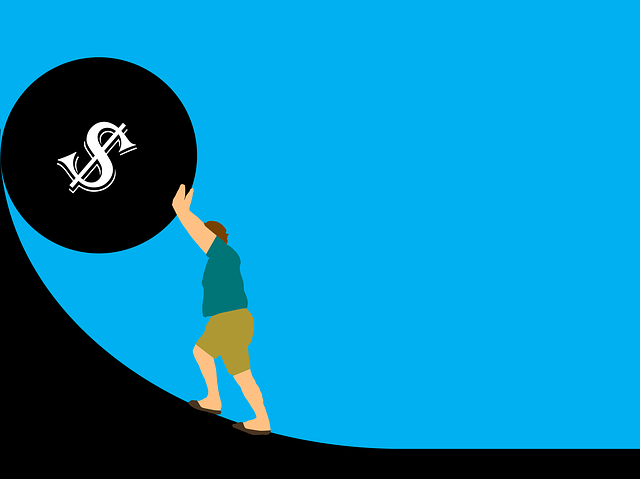Anyone who has applied for any kind of loan has probably had to run their credit score. This is a calculation made by credit reporting agencies to determine your likelihood of paying back money lent to you. Having this information is critical for lenders who want to know whether or not to extend a loan—and with what terms. If you’ve struggled with debt, it’s key to know how to repair bad credit and reclaim your finances.

How You Get Bad Credit
There are several factors that go into your credit score. Some of them are more important than others. Here are the five main categories of your credit report, and how much weight each one holds in deciding your score:
- Paying your bills on time – 35 percent
- How much you owe versus your credit limit (credit utilization) – 30 percent
- The length of your credit history – 15 percent
- Variety of credit accounts – 10 percent
- Recent account openings – 10 percent
Clearly, some of these categories carry significantly more weight than others. For instance, it makes perfect sense that your history of paying your bills on time has the biggest impact on your credit score. This is ultimately what lenders want to see more than anything else.
With this in mind, you can have a stronger idea of exactly how one ends up with poor credit—and also how to fix bad credit. But why worry about this in the first place?
Why Your Credit Matters
You’re probably not thinking about your credit score on a daily basis. If you are, it’s likely because you’ve realized why your credit score can be so critical, and are now trying to figure out how to fix your bad credit.
Your credit score is important because it’s how lenders determine your creditworthiness. People writing loans or extending credit don’t know you personally, so they need to base their lending decisions on some form of hard data. A credit score is one of the most reliable pieces of information for accomplishing this.
It can be harmful for lenders (and ultimately consumers as well) if they’re writing too many bad loans. They need to achieve some form of profit in order to continue operating and providing credit for people. A failure in the underwriting process can lead to catastrophe for a lending institution.
And this is exactly why knowing how to fix bad credit is so crucial: You’re not going to be able to borrow at attractive rate—or maybe even at all—if you have poor credit. Beating your bad credit is essential to your long-term financial health.
How to Repair Bad Credit
If you have damaged credit, it’s time to start thinking about how to get yourself back on track. There are several methods and strategies consumers can use in order to help repair their bad credit.
The first thing to do is understand what got you into trouble with debt. No two people will have the exact same answer to this question, but there are a lot of recurring themes. While some people will be able to repair their bad credit by simply making lifestyle changes, many will find they’re too deep in debt for this.
If you’re someone who is seriously struggling with debt and poor credit, it might be time to work with an organization like Freedom Debt Relief. Although debt relief programs can have a negative impact on your credit in the short term, over time, they can be helpful if you’re able finally get out of debt for good.
Debt relief is a negotiation process between you and the debt relief company and your lenders. Instead of continuing to pay your bills, you instead send money to the debt relief agency, which uses it to work out a lump-sum settlement. For those who have tried and failed to fix their credit on their own, debt relief can be a light at the end of a dark tunnel.
Before you go for debt relief, however, it’s wise to at least speak with a credit counselor. They can provide you with free resources, and even set you up with a debt management plan (DMP). Remember, if you’re able to pay your bills on time, this is the biggest factor in determining your credit score. Debt relief is generally for those who are beyond the point of being able to help themselves.
The average U.S. consumer has over $90,000 in total debt. If you’re being suffocated by your debt to the point it’s killing your credit, it’s time for a change. Working with the right debt relief company or credit counseling agency might help you finally get your credit and finances back to a healthy place.
